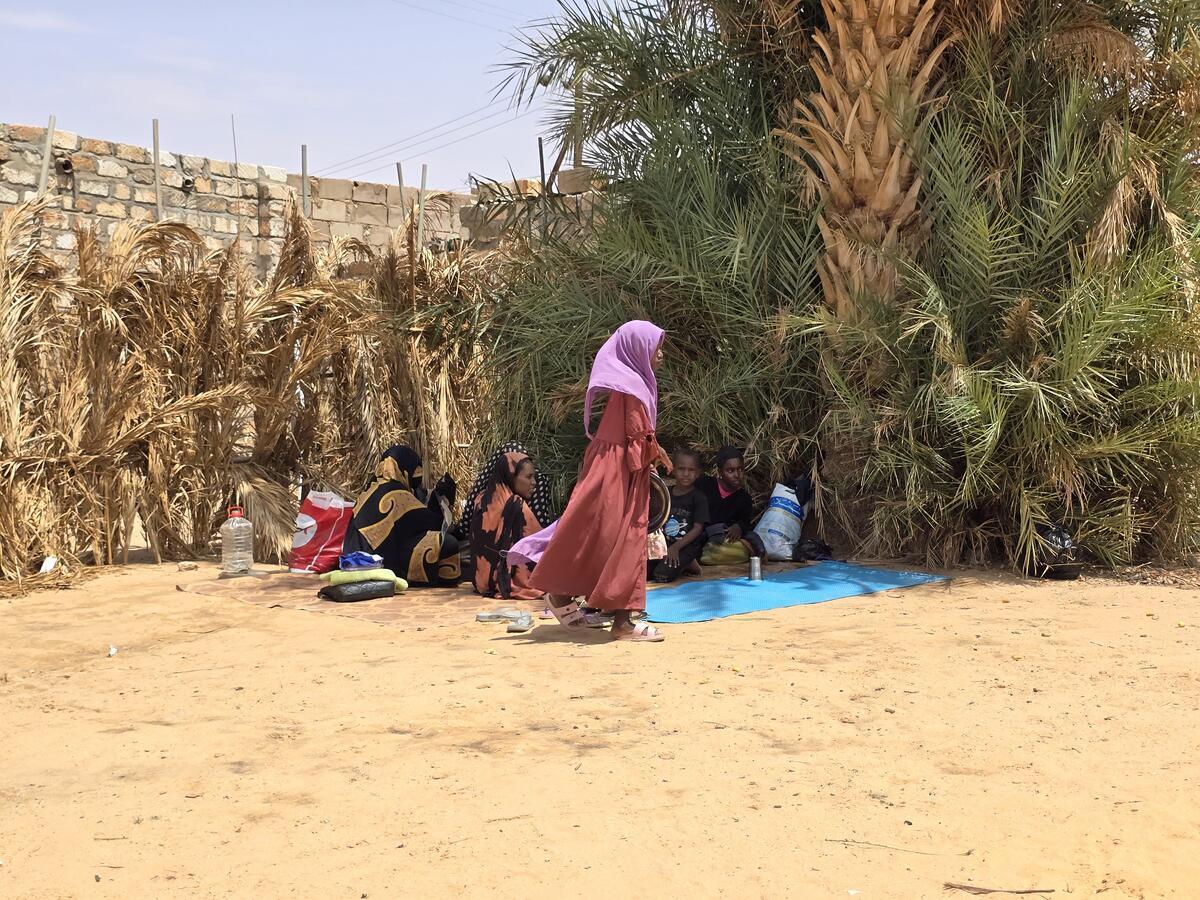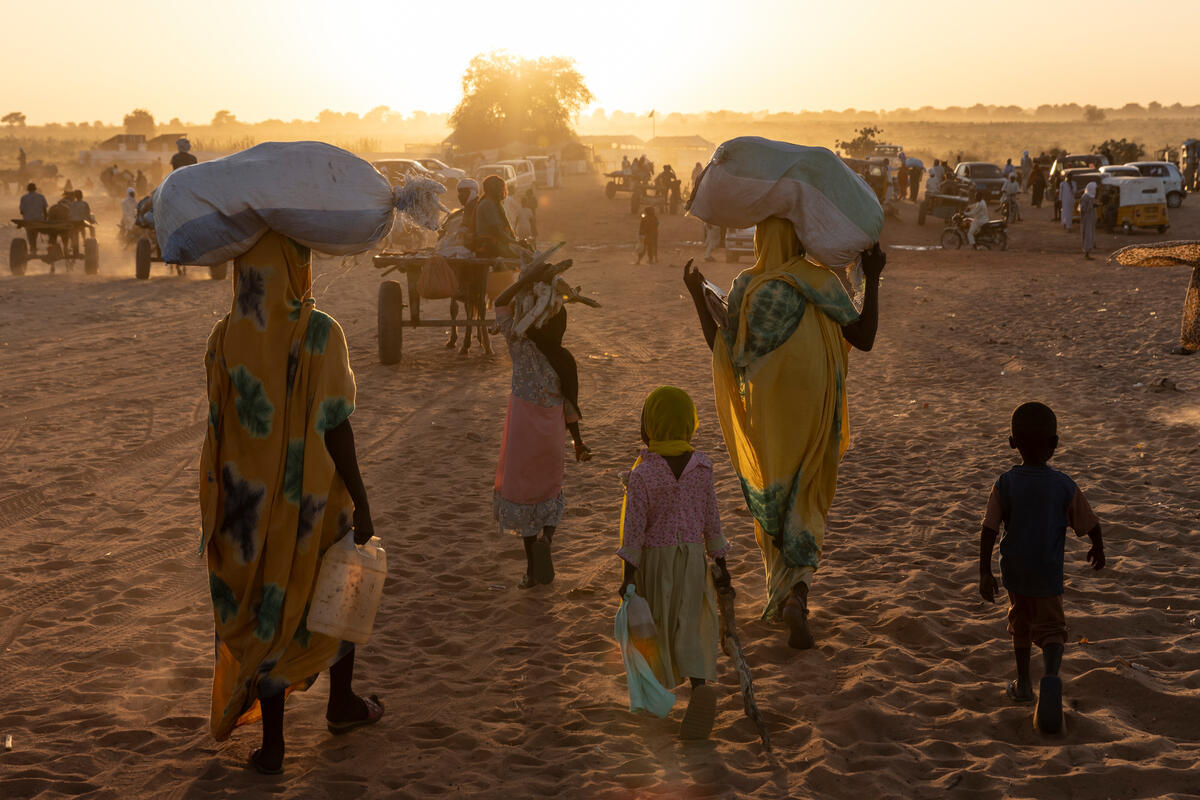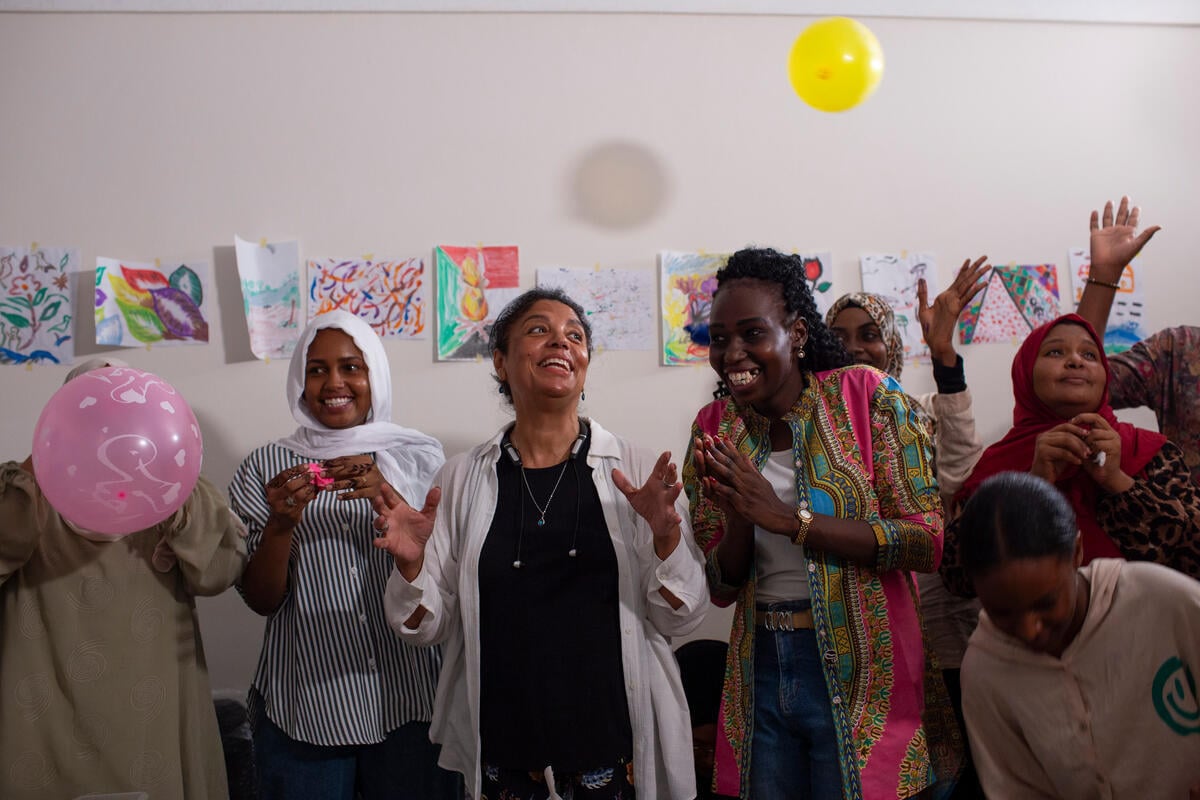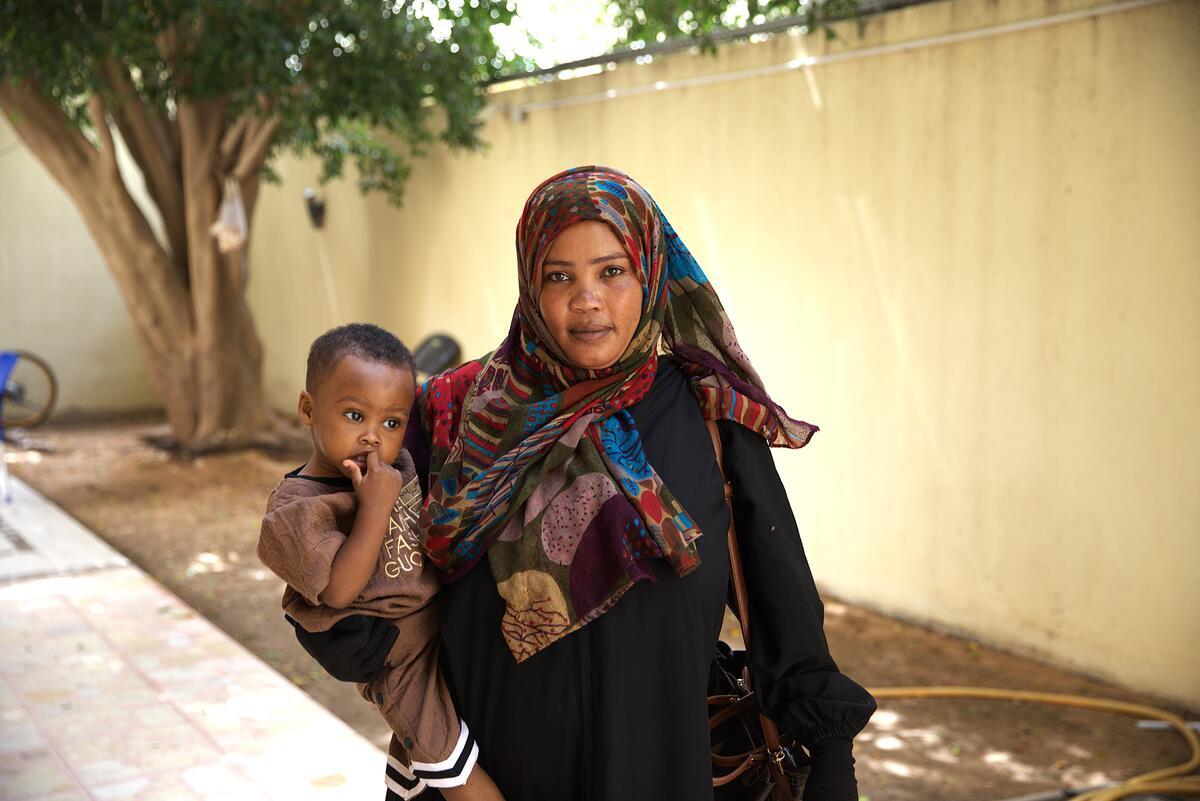UNHCR concerned at situation of sub-Saharan Africans in Libya, highlights shortage of long-haul flights
UNHCR concerned at situation of sub-Saharan Africans in Libya, highlights shortage of long-haul flights
Editors: Please note that new information on arrivals in Algeria has been added to the note since its release at today's UN press briefing in Geneva. The UN High Commissioner for Refugees, António Guterres and IOM Director General William Lacy Swing are in Tunisia today.
UNHCR is alarmed by increasing accounts of violence and discrimination in Libya against sub-Saharan Africans. These accounts are coming from both eastern and western areas. UNHCR reiterates its call on all parties to recognize the vulnerability of both refugees and migrants from sub-Saharan Africa and to take measures to ensure their protection.
Yesterday a UNHCR team at the Egypt border interviewed a group of Sudanese who arrived from eastern Libya who said that armed Libyans were going door to door, forcing sub-Saharan Africans to leave. In one instance a 12-year-old Sudanese girl was said to have been raped. They reported that many people had their documents confiscated or destroyed. We heard similar accounts from a group of Chadians who fled Benghazi, Al Bayda and Brega in the past few days.
At the Egyptian border, one Bangladeshi man died over the weekend after a fight over food distribution. UNHCR staff said that many of the 3,500 Bangladeshis at the border have been waiting for up to ten days for onward transport, and are becoming increasingly agitated. Many are sleeping outside in the bitter cold as available shelter at the border is filled to capacity. Over 14,000 meals were distributed to the stranded population who are in and around the border post yesterday. An estimated 5,000 people are awaiting onwards transport.
At both borders, most of those awaiting evacuation are Bangladeshi single men. There is a critical shortage at present of long-haul flights to Bangladesh, other Asian countries and sub-Saharan Africa. UNHCR and IOM are using cash contributions to charter flights, and several donor countries have offered long-haul flights. Nevertheless, with an estimated 40-50 flights needed to repatriate all the migrants, further support will be needed to ensure that everyone is transported home.
Meanwhile, at the Tunisian border with Libya the number of arrivals has dropped considerably, compared to a week ago, with 2,485 people arriving yesterday. The drop in numbers coincided with intensified fighting in western Libya, which has reduced mobility. Accounts from people who have arrived during the past days describe numerous military road blocks along the route, with the majority reporting that they are searched for mobile phones, memory cards and simcards. UNHCR's tented transit camp in Choucha, close to the border, currently holds 15,000 people. UNHCR has registered 311 people with protection concerns, including Somalis and Eritreans.
UN High Commissioner for Refugees, António Guterres and IOM Director General William Lacy Swing are in Tunisia today to meet the government and visit the border area. They will meet the local community at the border, who have not only offered a generous welcome to the tens of thousands that have arrived in the past weeks, but have also offered considerable assistance, shelter and solidarity with the migrants and refugees.
The number of people who have fled the violence in Libya has passed 212,000, including 112,169 in Tunisia (including over 19,000 Tunisian and over 45,000 Egyptians) and 98,188 in Egypt (including over 68,000 Egyptians) and 2,025 in Niger (including over 1,800 from Niger). UNHCR has also heard from the Algerian Government that more than 4,000 people have arrived in Algeria by air, land and sea, including evacuations from Tunisia and Egypt.








